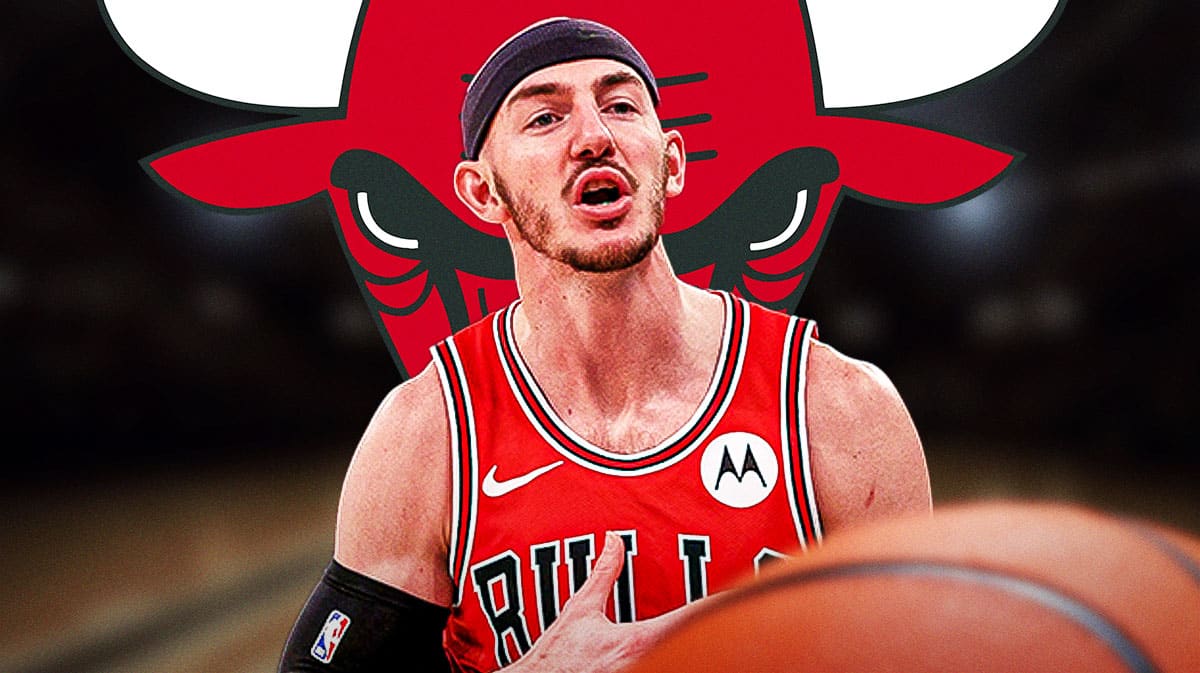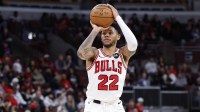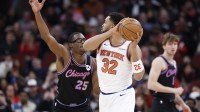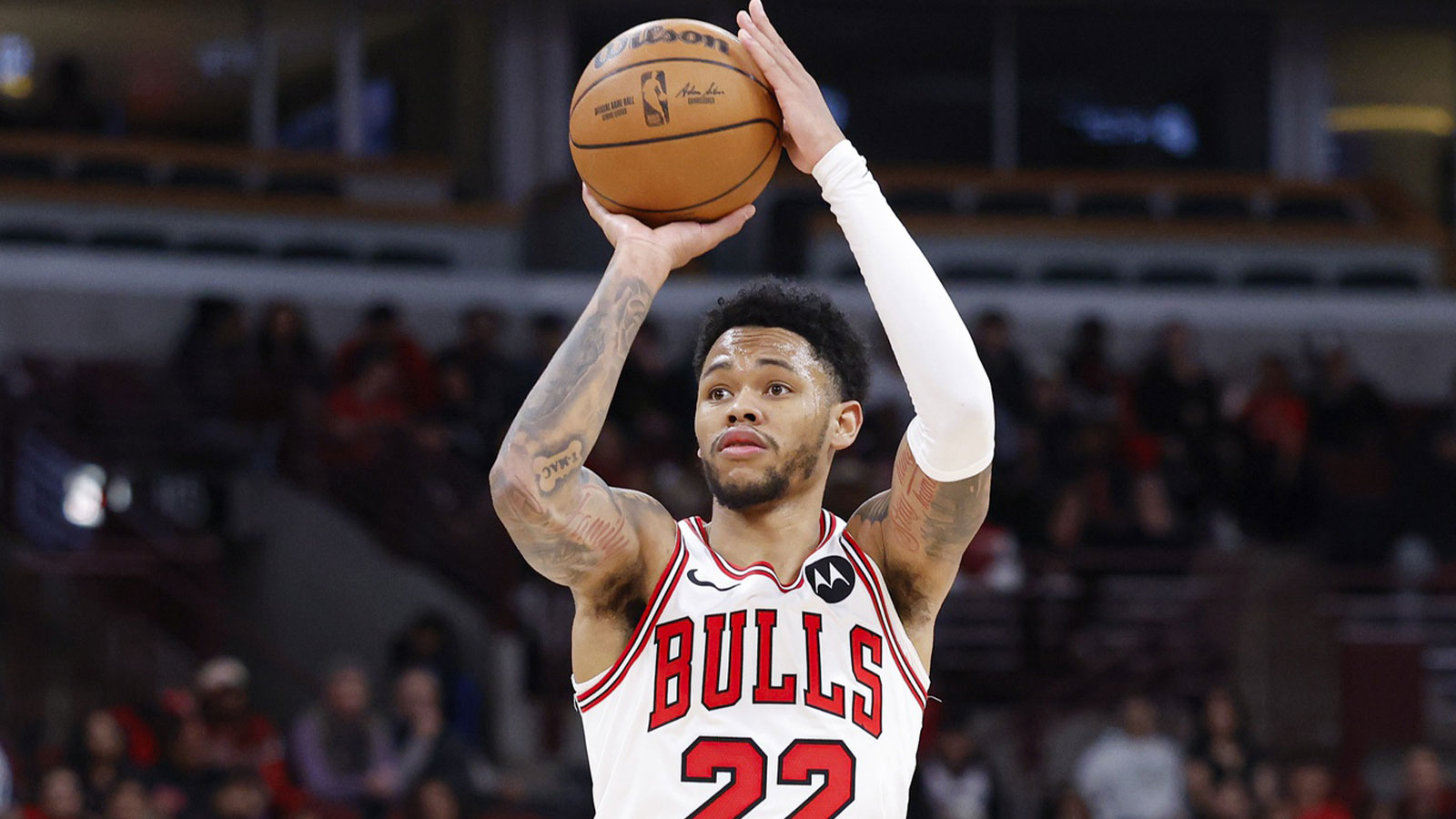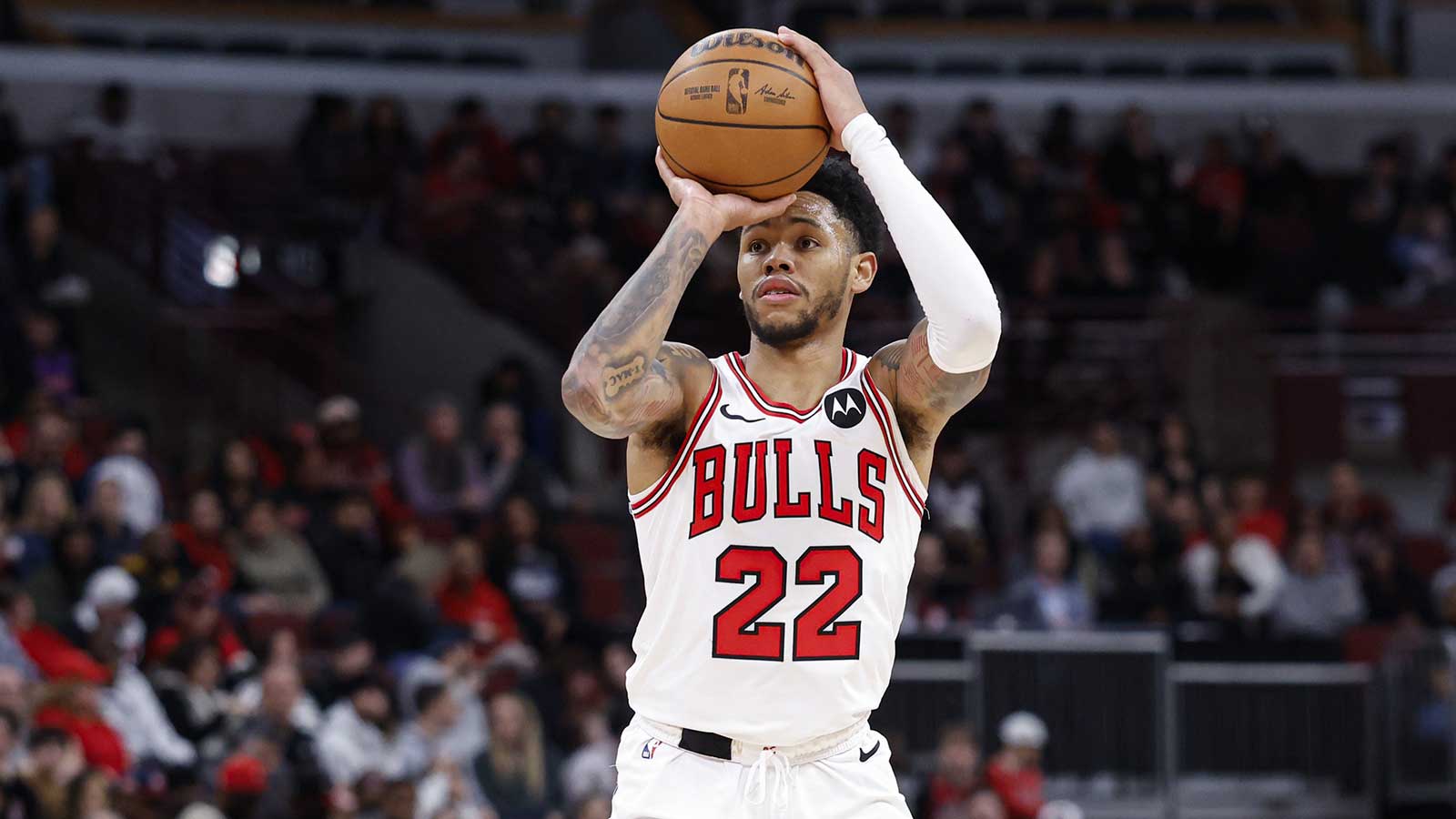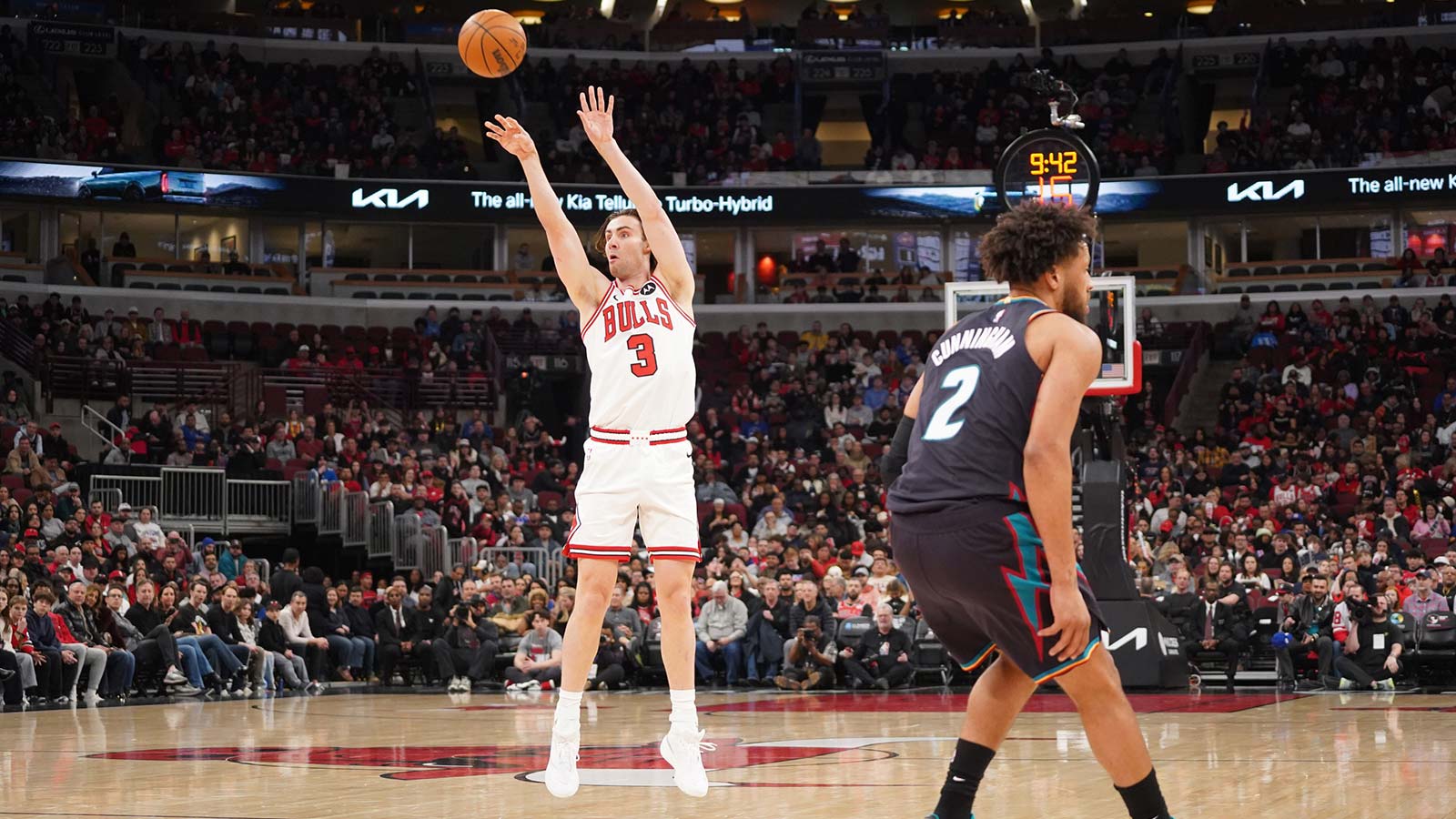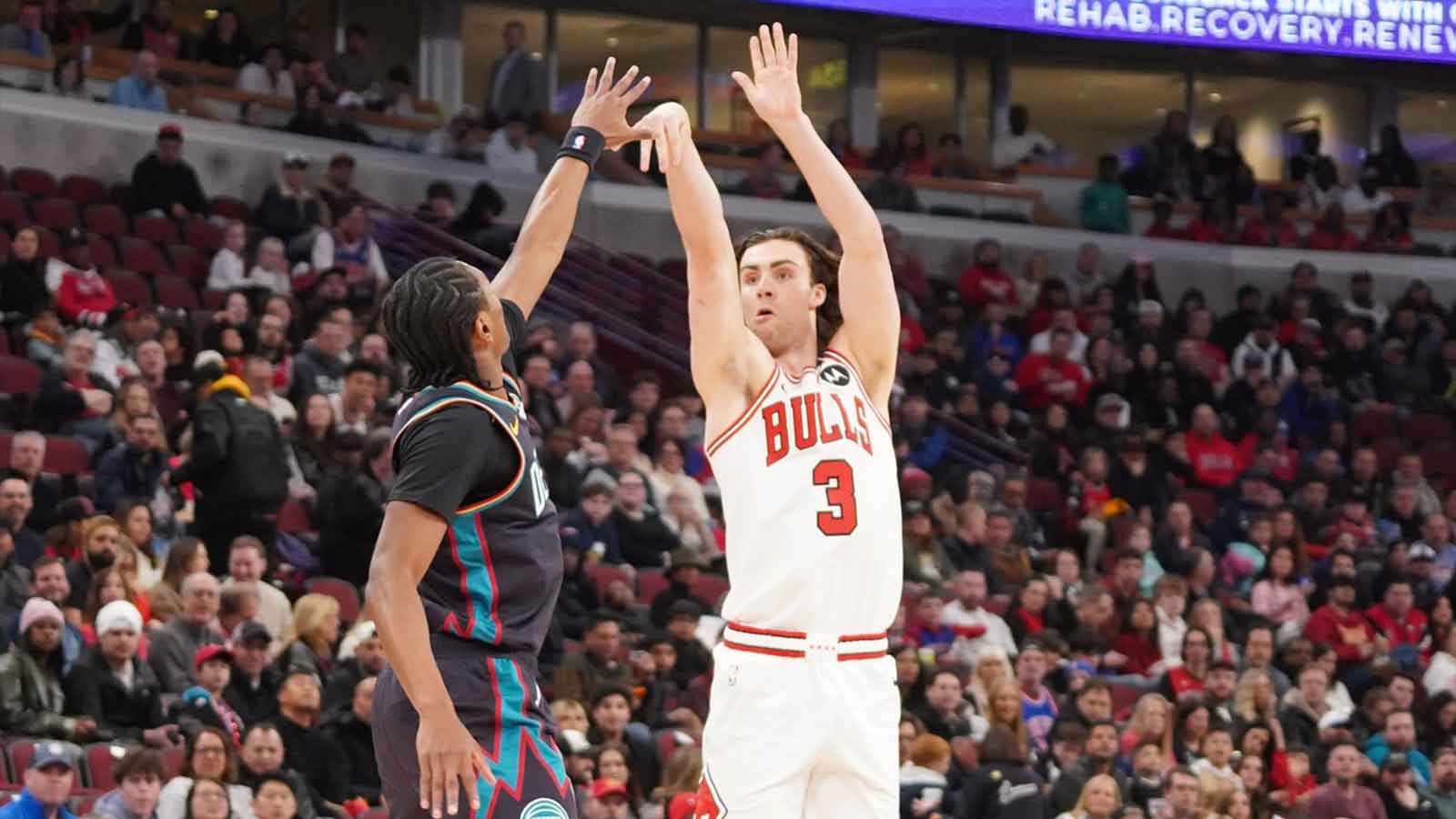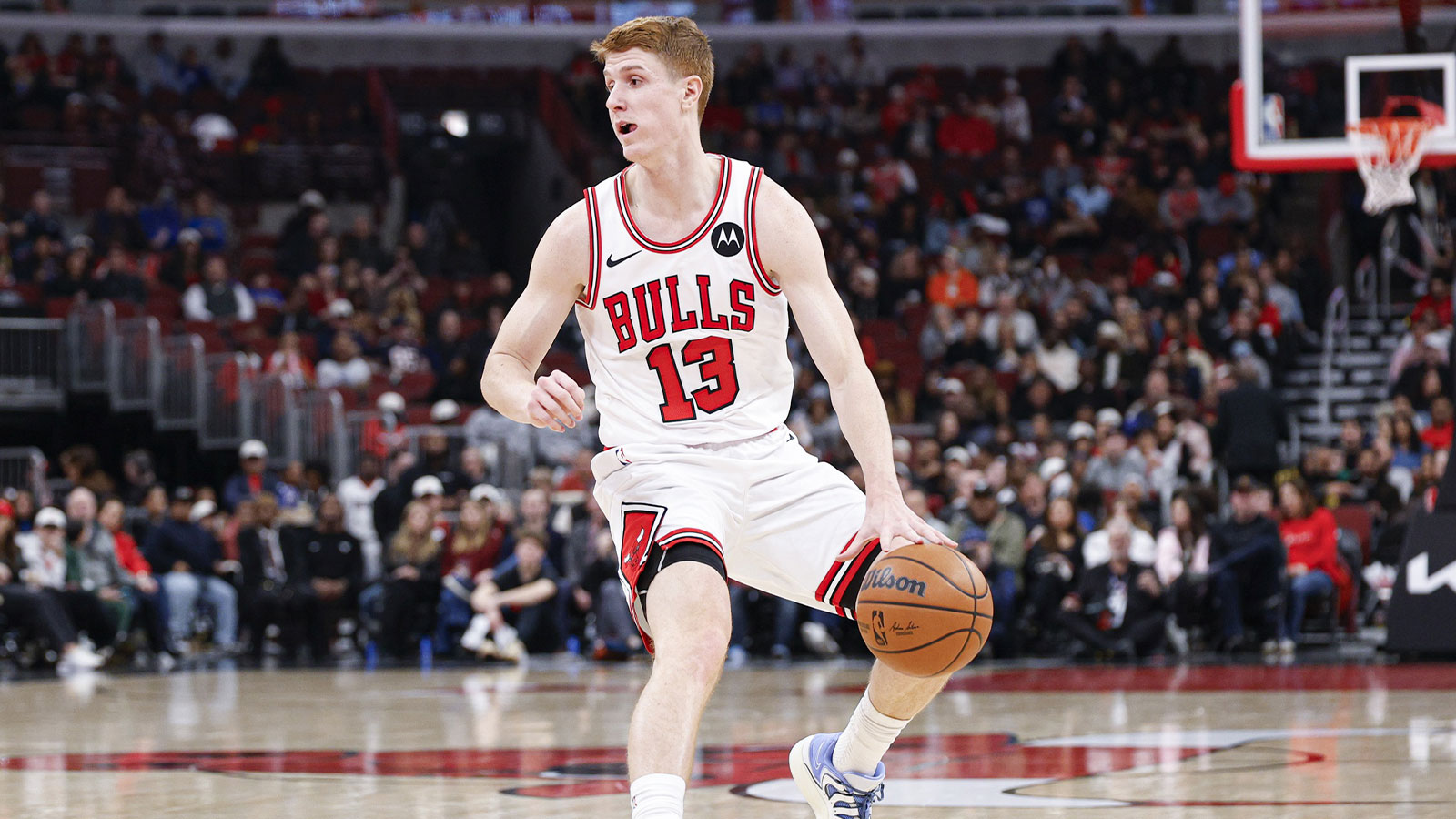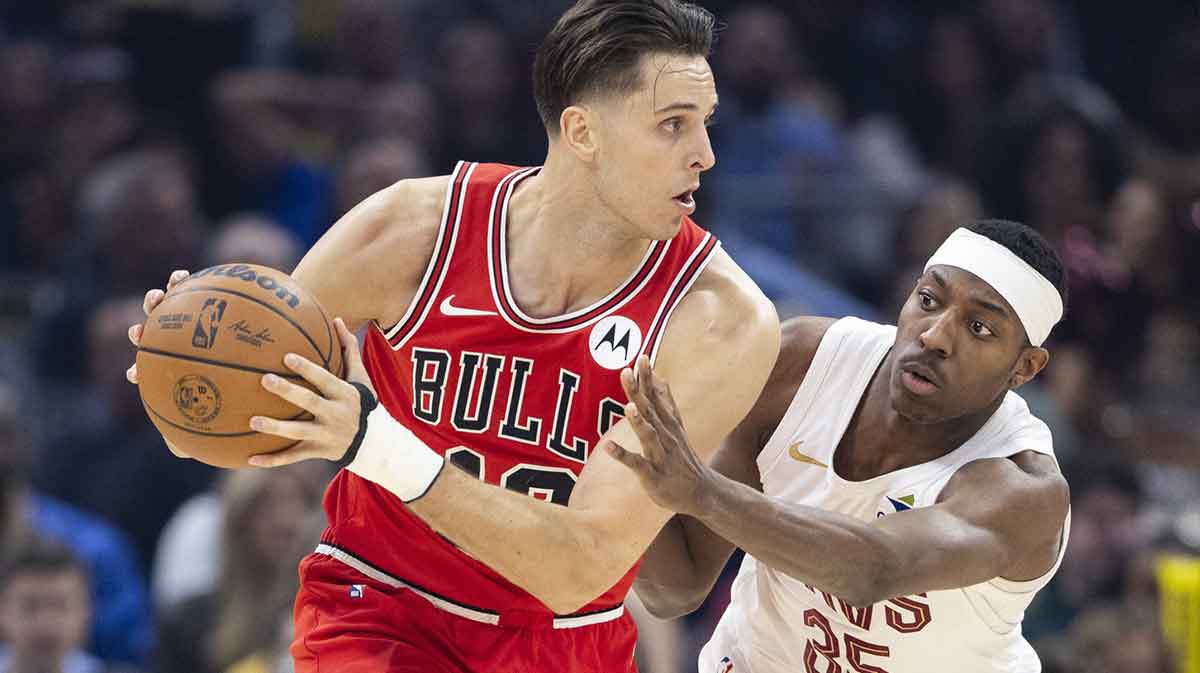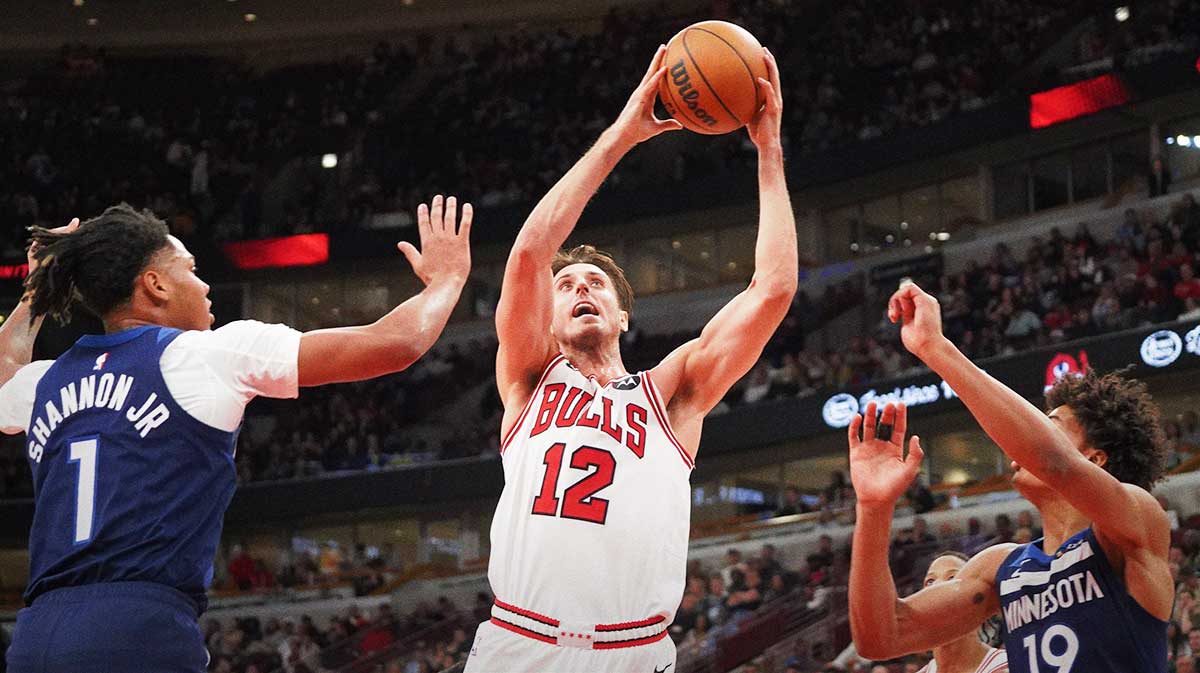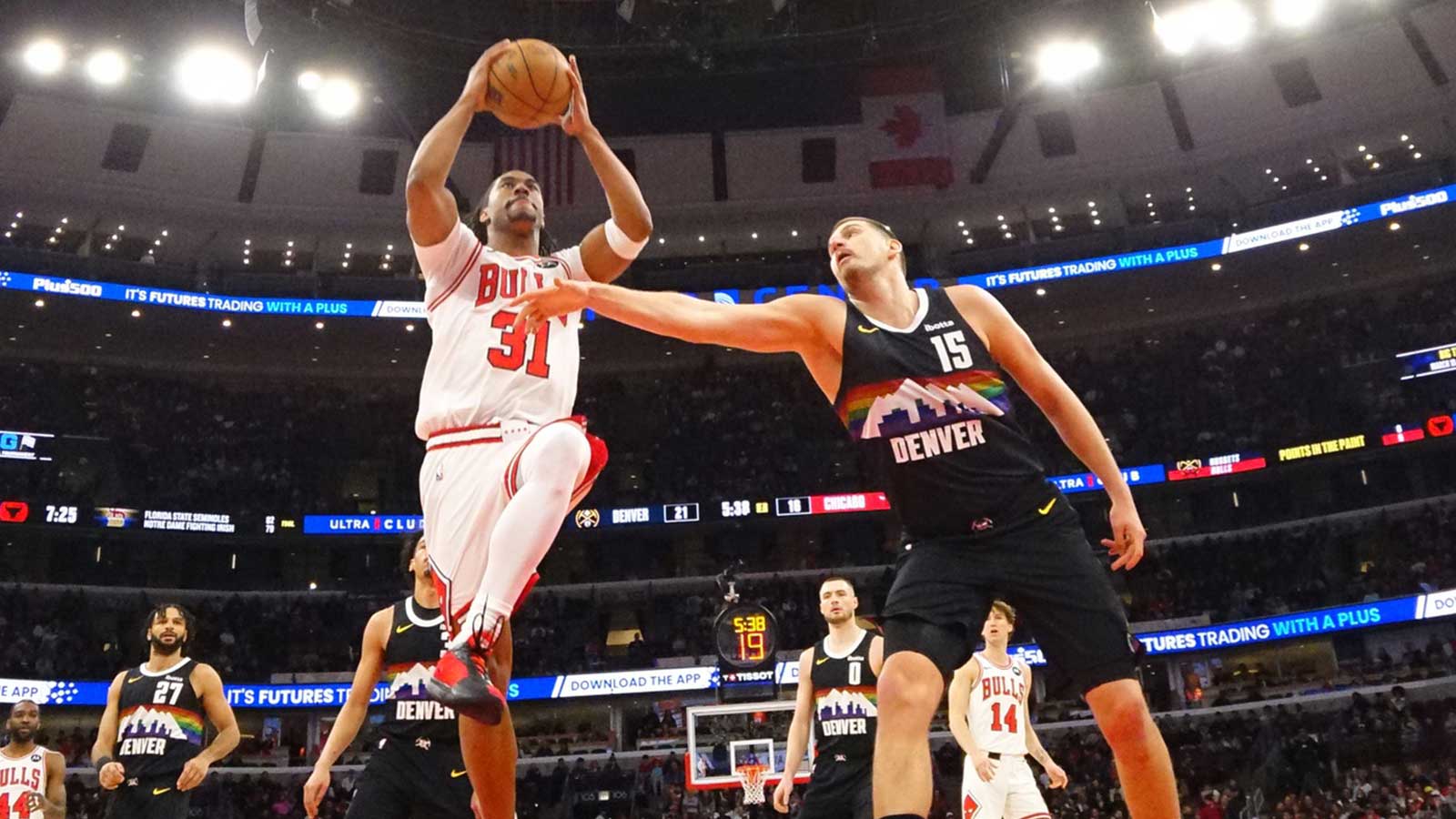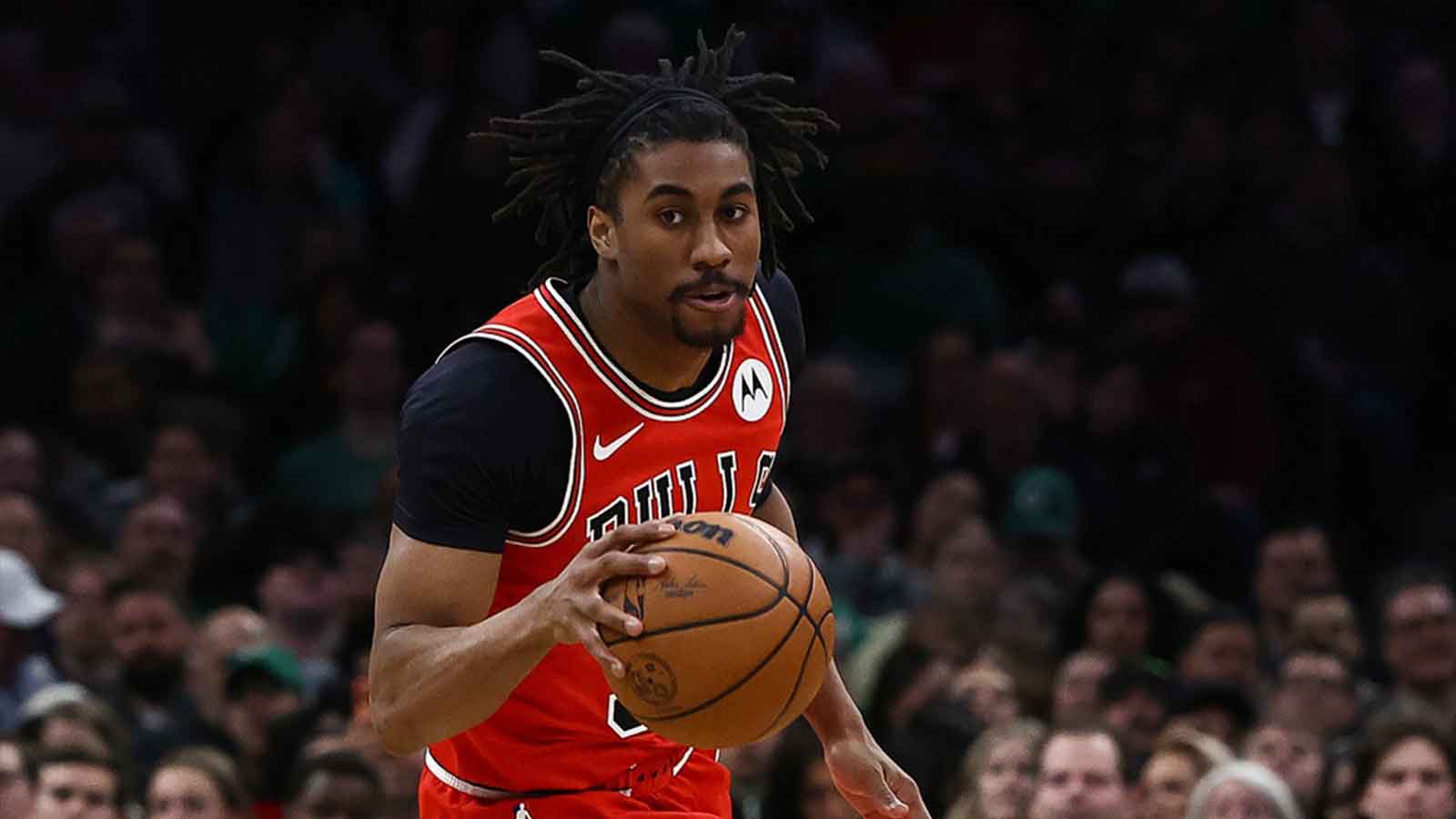The Chicago Bulls' decision to retain fan favorite Alex Caruso despite significant trade offers at the deadline has sparked considerable discussion within the NBA community, per All CHGO's Will Gottlieb. As the Bulls approach the 2024 NBA Draft with the 11th pick and face critical decisions regarding key players such as DeMar DeRozan and Patrick Williams, the question of Caruso's future remains paramount.
Starting July 6, Caruso will be eligible for a substantial four-year, $78.8 million extension, a significant increase from his current $36.9 million contract, which he will complete in the 2024-25 season.
Alex Caruso is more than just a defensive powerhouse for the Bulls; he embodies their defensive culture and identity, much like DeRozan does for their offensive strategies. The Bulls have made it clear that they aim to remain competitive, a stance that has influenced their reluctance to trade Caruso, even in the face of enticing offers.
Despite not actively shopping Caruso, the Bulls received several offers, including multiple protected first-round picks and at least one top-10 pick in the 2024 Draft.
One notable suitor was the Golden State Warriors, who made a compelling bid for Caruso. However, the Bulls declined these offers, opting instead to retain their defensive stalwart.
The primary reason for this decision appears to be a mandate from ownership, specifically the Reinsdorf family, to fight for a playoff spot. This directive likely influenced the front office's choice to hold onto Caruso rather than enter a rebuild phase.
This pressure to compete, despite conflicting statements from lead executive Arturas Karnisovas, underscores the complex dynamics at play within the organization.
The Risk and Reward of Extending Caruso
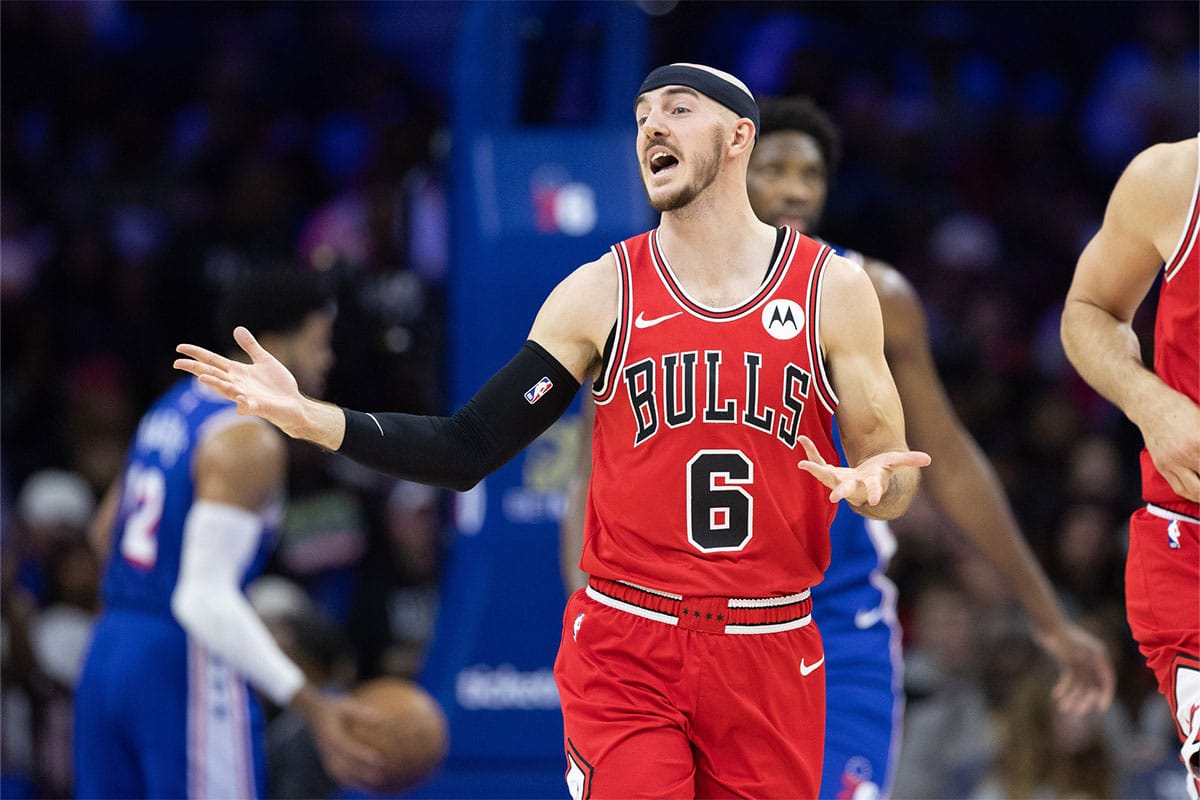
As Caruso enters the final year of his contract, the Bulls face a critical decision: extend his contract or consider trading him. Caruso’s potential extension under the new Collective Bargaining Agreement (CBA) would start at 140% of the league’s projected average salary of $12.5 million, escalating annually. This would result in a significant financial commitment for the Bulls:
2025-26: $17.5 million (age 31 season)
2026-27: $18.9 million (age 32 season)
2027-28: $20.4 million (age 33 season)
2028-29: $22.04 million (age 34 season)
These figures represent a substantial increase, but Caruso's performance has arguably justified such an investment. According to Spotrac.com, Caruso's $9.8 million salary in 2023-24 was the 11th best-value contract in the league, with Stephen Noh’s simple salary model valuing him at $28.3 million for that season alone.
The Bulls must consider whether Caruso’s elite performance will continue into his mid-30s. Extending him is a gamble on his future productivity and health. The Bulls cannot simply pay for past performance; they need to ensure that Caruso can maintain his high level of play, avoid injuries, and continue to make All-Defensive teams.
Having missed the prime opportunity to trade Caruso at his peak value during the last trade deadline, the Bulls must now evaluate whether similar offers will be available in the future. Caruso’s current contract, which still has two playoff runs left, made him an attractive trade target.
With only one playoff run remaining on his current deal, his trade value might diminish, particularly if he suffers any decline in performance or injury.
Given these uncertainties, the Bulls must weigh the risks of extending Caruso against the benefits of trading him. His bird rights could be particularly valuable to over-the-cap contenders looking to secure a defensive asset.
Trading Caruso before the 2025 Trade Deadline would mitigate the risk of his value depreciating and allow the Bulls to acquire assets for a potential rebuild or retooling of their roster.
The Bulls have historically allowed their assets to turn into liabilities, a trend they cannot afford to repeat with Caruso. While extending him presents significant financial and performance-related risks, waiting until free agency could result in losing him to more competitive teams offering better contracts.
Trading him, even if the offers are less lucrative than before, seems the most prudent option. It would enable the Bulls to leverage their valuable asset and better position themselves for the future, rather than taking a gamble on a Play-In push that they might achieve without Caruso in a relatively weak Eastern Conference.
In summary, the decision to retain Alex Caruso highlights the intricate balance between competing mandates and strategic foresight. The Bulls' next steps will be crucial in determining their trajectory in the upcoming seasons, with Caruso's future playing a pivotal role in shaping the team's direction.

